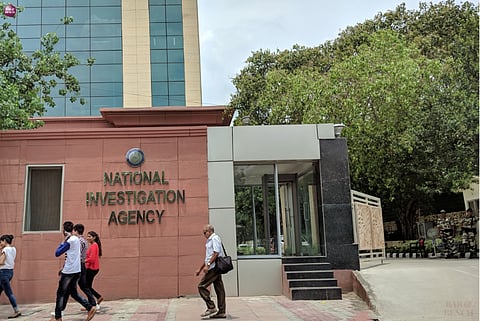
- News
- Columns
- Interviews
- Law Firms
- Apprentice Lawyer
- Legal Jobs
- हिंदी
- ಕನ್ನಡ

The Supreme Court’s 2018 verdict on witness protection was relied on by the Kerala High Court recently to protect the identity of witnesses testifying against persons accused of offences under the Unlawful Activities (Prevention) Act (UAPA).